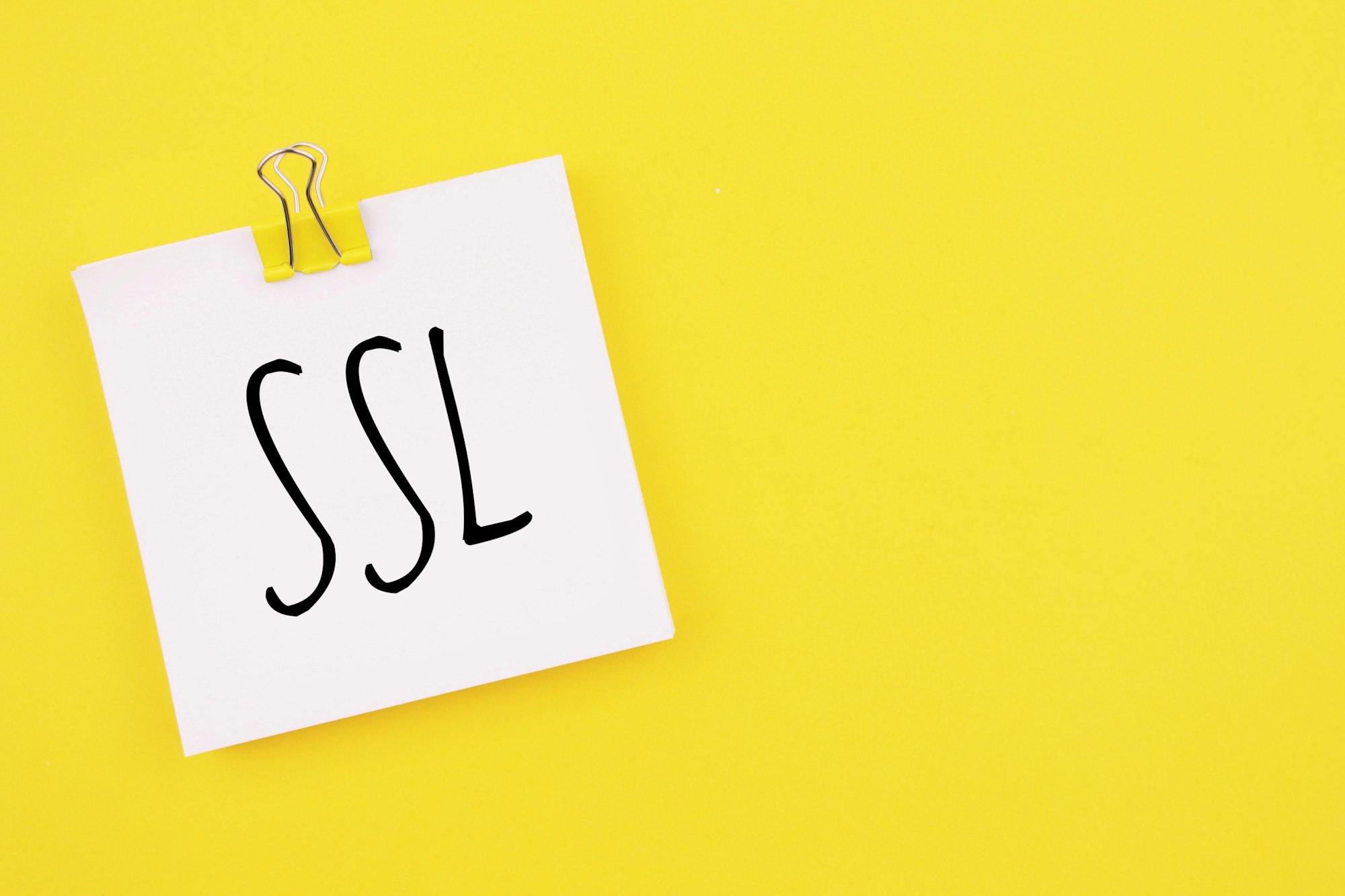
Title: Understanding SSL Certificates: The Key to Secure Online Connections
In today’s digital age, where online transactions and data exchange have become the norm, ensuring the security and privacy of sensitive information is paramount. This is where SSL (Secure Sockets Layer) certificates play a crucial role. Let’s delve into what SSL certificates are and why they are essential for maintaining a secure online environment.
What is an SSL Certificate?
An SSL certificate is a digital certificate that authenticates the identity of a website and encrypts data transmitted between the web server and the user’s browser. It serves as a cryptographic key that establishes a secure connection, ensuring that sensitive information such as login credentials, personal details, and financial data is protected from unauthorized access and interception.
Importance of SSL Certificates:
-
Data Encryption: One of the primary functions of SSL certificates is to encrypt data transmitted over the internet. Encryption converts plain text into scrambled ciphertext, making it unreadable to anyone without the decryption key. This ensures that even if intercepted, the data remains secure and confidential.
-
Authentication: SSL certificates validate the identity of the website and its owner, providing users with assurance that they are interacting with a legitimate entity. This helps prevent phishing attacks and fraudulent websites attempting to steal personal information or distribute malware.
-
Trust and Credibility: Websites secured with SSL certificates display a padlock icon and use the HTTPS protocol in the URL, indicating a secure connection. This instills trust and confidence in users, assuring them that their information is protected and reducing the risk of abandonment due to security concerns.
-
SEO Benefits: Search engines like Google prioritize secure websites in their search results. Having an SSL certificate and using HTTPS can boost your website’s search engine ranking, leading to increased visibility and traffic.
-
Compliance Requirements: Many regulatory bodies and industry standards, such as PCI DSS (Payment Card Industry Data Security Standard) and GDPR (General Data Protection Regulation), mandate the use of SSL certificates for websites handling sensitive information. Compliance with these regulations is essential to avoid penalties and maintain customer trust.
-
Protection Against Man-in-the-Middle Attacks: SSL encryption prevents man-in-the-middle (MITM) attacks, where a malicious actor intercepts and alters communication between the user and the website. By encrypting data, SSL certificates ensure that the transmitted information remains intact and unaltered during transit.
-
Secure Online Transactions: For e-commerce websites and online businesses, SSL certificates are indispensable for securing payment transactions and protecting customer financial information. SSL encryption safeguards credit card details, banking credentials, and other sensitive data, instilling confidence in customers to make purchases online.
Conclusion:
In an era where cybersecurity threats are prevalent, SSL certificates serve as a fundamental safeguard for protecting sensitive information and maintaining trust in online interactions. Whether you’re running an e-commerce website, collecting user data, or providing online services, investing in SSL certificates is essential for ensuring the security, privacy, and integrity of your digital presence. By implementing SSL encryption, you not only protect your customers’ data but also enhance your reputation, credibility, and competitive advantage in the digital landscape.

